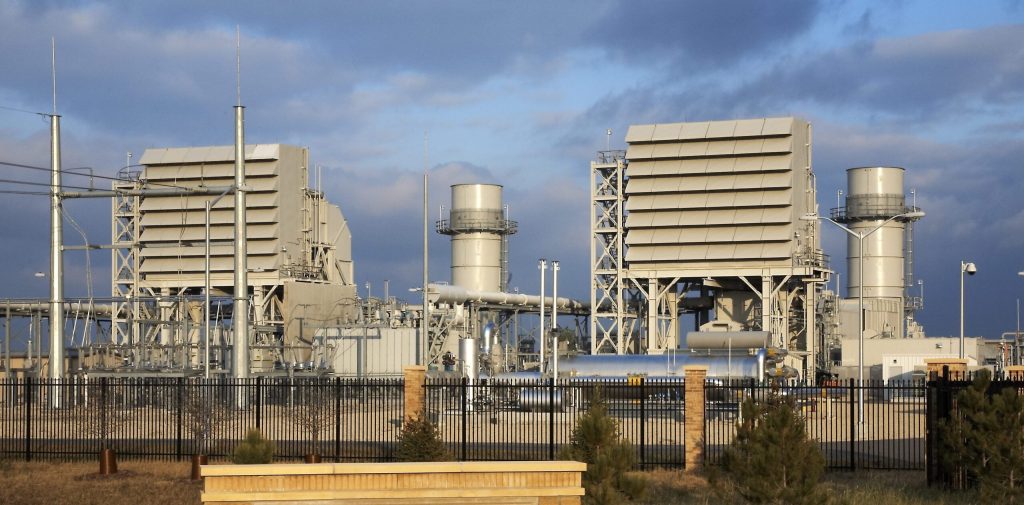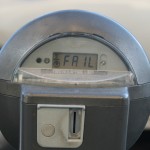Judge Urged to Block Plan Connecting New Power Plants to Midwest Grid
Fast-tracked process favors fossil fuels over clean energy, environmental groups say.
![High Voltage Power Lines. Photo by Corey Coyle [CC BY 3.0 (http://creativecommons.org/licenses/by/3.0)], via Wikimedia Commons](https://urbanmilwaukee.com/wp-content/uploads/2017/04/ATC_High_Voltage_Power_Lines_-_panoramio.jpg)
High Voltage Power Lines. Photo by Corey Coyle (CC BY 3.0), via Wikimedia Commons
On behalf of Clean Wisconsin and the Natural Resources Defense Council, nonprofit environmental law firm Earthjustice filed a lawsuit against federal energy regulators on Tuesday. The Sierra Club is representing itself in the case.
In their petition for review, the groups asked the U.S. Court of Appeals for the D.C. Circuit to review a pair of orders that federal regulators issued earlier this year.
When it was approved by federal regulators, MISO said the Expedited Resource Addition Study, or ERAS, process was designed to bring urgently needed generation resources online quickly in the face of “unprecedented” demand growth and increasing reliability challenges.
A spokesperson for the Federal Energy Regulatory Commission, or FERC, declined to comment, saying the agency cannot discuss court proceedings.
In a statement, a spokesperson for MISO said the grid operator is aware of the suit and will continue to monitor court proceedings.
Environmental groups argue MISO’s fast-tracking process prioritizes fossil fuels over clean energy projects.
In a statement, Earthjustice attorney Ada Statler said federal regulators are letting grid operators, like MISO, “rewrite the rule book to the benefit of fossil fuel and data center companies.”
“FERC is sidelining cheaper clean energy projects, and allowing utilities to pass on the higher costs of methane gas to other customers, despite its legal mandate to ensure just and reasonable rates,” Statler stated.
Ciaran Gallagher, energy and air manager at Clean Wisconsin, said some clean energy projects have been waiting five years to be studied for connection by the grid operator, while the projects selected for the fast-track program get to essentially “skip the line.”
Although the first round was evenly split between gas and renewable projects, Gallagher said natural gas will contribute far more megawatts to the grid than renewables.
The five renewable projects would account for about 974 megawatts. The natural gas projects accounted for about 4,300 megawatts, or about 4.3 gigawatts. For context, 1 gigawatt is enough to power 100 million LED lightbulbs, according to the U.S. Department of Energy.
“At the end of the day, there is going to be considerably more gas added to our grid because of this process,” Gallagher said.
Utilities have said natural gas is critical for meeting spiking energy demand from data centers and other industrial development.
One of the first 10 projects selected is the Red Oak Ridge Energy Center, a more than 1-gigawatt natural gas plant proposed in the town of Paris in Kenosha County.
The developer behind the project is seeking approval from the state Public Service Commission to build the plant. Earlier this year, the developer said MISO’s fast-tracked interconnection process would not affect the timeline for state-level approval.
We Energies, the state’s largest electric utility, also applied for state approval to purchase the project from developer Invenergy, as part of a plan to add nearly 3 gigawatts of capacity to the grid in response to rising energy demand from data centers. That plan also included seven solar projects.
“MISO and utilities are stuck in an old mindset of how to operate the electricity system,” she said. “We are adding storage to our grid. We could add storage to our grid faster if MISO processed their normal queue and focused on that rather than creating a whole separate process.”
Groups ask judge to overturn plan fast-tracking connection of new power to Midwest grid was originally published by Wisconsin Public Radio.
If you think stories like this are important, become a member of Urban Milwaukee and help support real, independent journalism. Plus you get some cool added benefits.























Seems like Facebook, X, Pinterest, Instagram and the like are a way of creating a time capsule so that when we kill ourselves with bad ideas, the aliens can have something to help them learn how we did it.